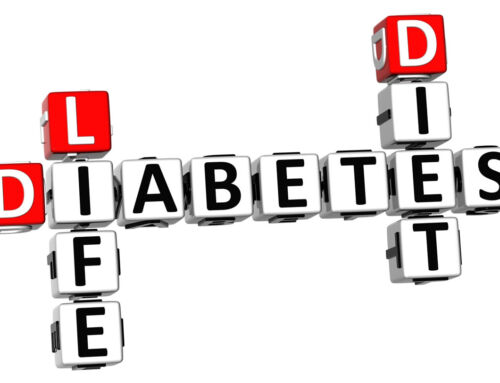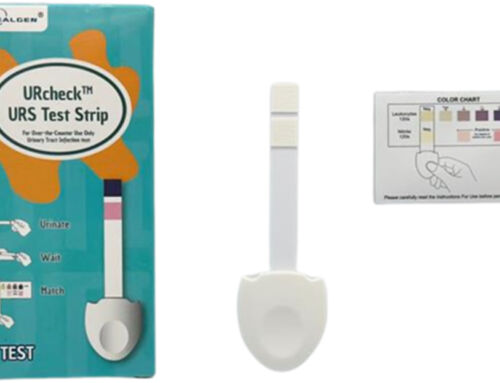There are many misconceptions about getting pregnant and ovulation. Here are 10 facts.

1. Ovulation doesn't always occur on day 14 of your cycle
The average menstrual cycle is 28-35 days. A healthy person with good fertility can have a cycle as short as 21 days or as long as 35 days. Periods may vary from month to month.
Ovulation normally happens about two weeks before your next period. Ovulation usually happens between days 11 and 21 of your cycle. Ovulation doesn't always happen on the same day every month. Ovulating as early as day 6 or 7 or as late as day 19 or 20 isn’t uncommon or abnormal.
2. It is all about timing
Your egg lives up to 24 hours. After leaving your ovary, your egg lives for up to 24 hours, so if you are having sex around your most fertile days, you’ll have a better chance of conceiving.
Sperm can live up to 5 days. So, it’s a good idea to have sex before ovulation occurs if you are trying to conceive.
You usually release just one egg each month. The egg travels along one of the two fallopian tubes connecting the ovaries to the uterus. If the timing is right, sperm may fertilize it on its way to the uterus. If fertilization doesn't happen within 24 hours of the egg leaving the ovary, the egg dissolves.
3. You can get pregnant during your period
You can get pregnant if you have sex during your period. Your ability to get pregnant is dependent on when you ovulate, and not directly associated with menstruation. If your cycle is short, and you ovulate on day 7 or 8, you can conceive from sex during your period.
Another misconception is that menstruation will "wash away" any sperm along with period blood. That’s not true. Your period won’t stop sperm from swimming up to your reproductive system.
4. The signs of ovulation aren't always obvious
Some women experience lower abdominal pain during ovulation. Another physical sign you are ovulating is a clear, somewhat elastic, discharge in the days leading up to ovulation. But the physical signs of ovulation are unfortunately inconclusive. The best way to predict ovulation is by measuring the levels of the luteinizing hormone (LH) in your urine using an ovulation test.
Ovulation tests detect levels of LH in your urine. This hormone signals ovulation, or the release of an egg from your ovaries into the fallopian tube. A surge in LH triggers your ovaries to release an egg. The surge usually happens 36 hours before the egg is released. Ovulation kits measure LH levels to help you pinpoint the day of ovulation.
5. Ovulation is only one component of getting pregnant
Ovulation is essential to getting pregnant. Still, it takes more than just an egg to conceive. For example, the pathway to the egg must be clear. If the fallopian tubes are blocked, or there's issues with your partner's sperm, pregnancy may not be able to occur. Consult your healthcare provider for fertility advice.
6. Your age affects your conception chances
Unfortunately, no matter how healthy you are, your fertility declines with age. Fertility goes down with age, especially after the mid-30s. In fact, female fertility begins a steep downward path around age 35.
That said, getting pregnant after 40 is entirely possible. Plenty of people have babies after 40. Your risk of infertility increases at 40, along with your risks of miscarriage and pregnancy complications. It may also take a little longer for you to get pregnant. But you’re not incapable of having a healthy pregnancy just because you turned 40.
On the other hand, even if you’ve started perimenopause, until you’ve actually completed menopause, you should use contraception if you want to avoid pregnancy.
7. Male fertility also declines with age
Studies show that sperm count and sperm movement decrease as men age, as does sexual function. But there isn't a cutoff age that makes a man too old to father a child. While men don’t go through a biological process, like menopause, with a definite ending to their fertile years, male fertility does decline with age.
8. Birth control doesn’t cause infertility
Hormonal birth control does prevent pregnancy, when you’re using it properly, but once you stop taking it, your fertility returns. Research has found that birth control does not increase your risk of infertility.
9. Weight affects fertility
If you're overweight or obese, losing weight can boost your chances of getting pregnant. Obesity can cause infertility and low testosterone in men. Being significantly underweight can also lead to infertility.
10. Stress can disrupt your cycle
Ovulation can be affected by a number of different things including stress and illness. The reproductive cycle is complex and intricate. When you are stressed, the body produces hormones, like cortisol, to help you manage the stress, and cortisol slow down reproductive health. If you’ve been trying for a baby for a while, it might be time to take a look at your job stresses, or workout routine.




